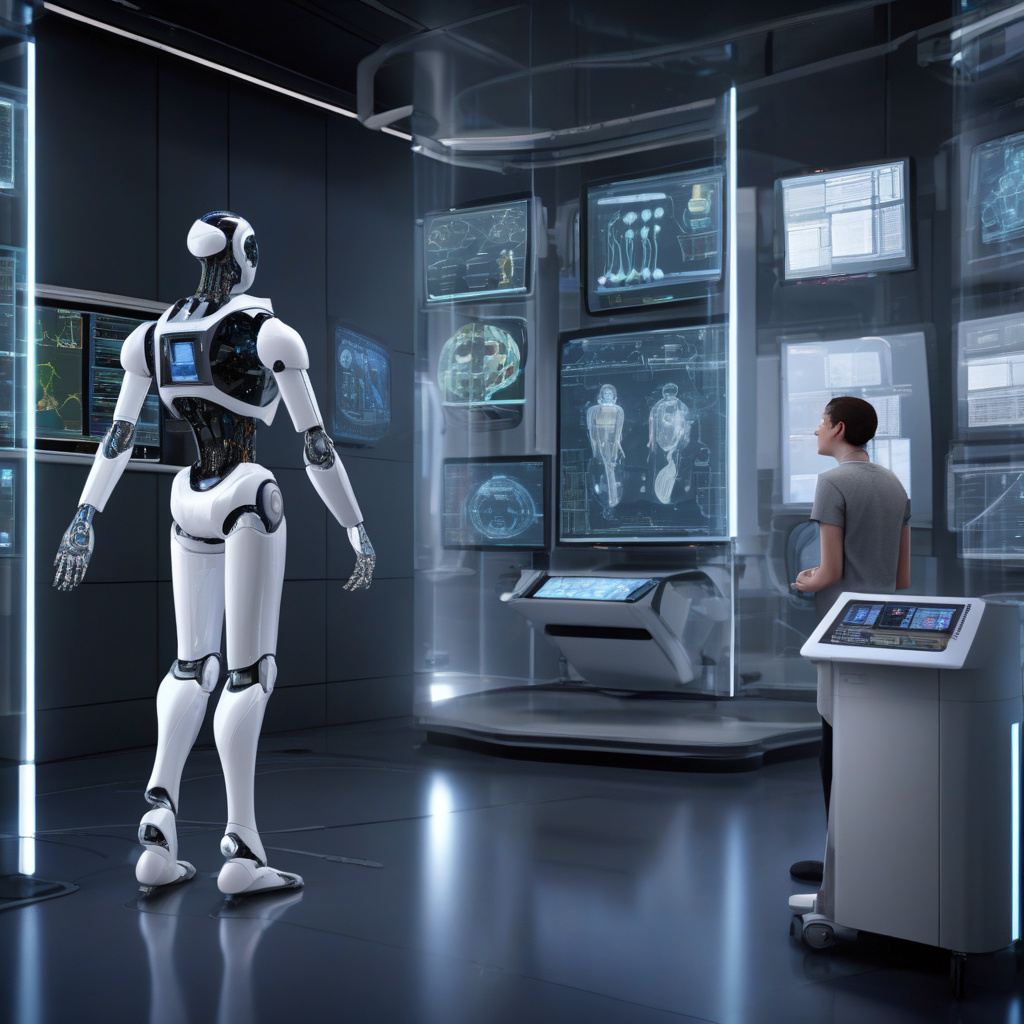In the realm of cutting-edge technology, artificial intelligence stands as a pivotal force reshaping industries and augmenting human capabilities. However, within this dynamic landscape, a newer term has emerged – “synthetic intelligence.” While artificial intelligence (AI) focuses on mimicking human intelligence through algorithms and data processing, synthetic intelligence takes a different approach. This innovative concept delves into the realm of creating entirely new forms of intelligence that do not necessarily emulate human thought processes.
The distinction between artificial and synthetic intelligence lies in their fundamental principles and objectives. Artificial intelligence aims to replicate human cognitive functions such as learning, problem-solving, and decision-making. In contrast, synthetic intelligence seeks to generate novel forms of intelligence that may surpass human capabilities or operate in ways that are fundamentally different from human cognition.
One key aspect of synthetic intelligence is the integration of biological and artificial systems to create hybrid intelligence solutions. By combining the strengths of biological neural networks with the computational power of artificial systems, researchers can develop innovative approaches to problem-solving and decision-making. This interdisciplinary approach opens up new possibilities for enhancing machine learning algorithms and creating intelligent systems with unprecedented capabilities.
Moreover, synthetic intelligence holds the potential to revolutionize various fields, including healthcare, cybersecurity, and autonomous systems. For instance, in healthcare, synthetic intelligence can enable the development of personalized medicine strategies based on individual genetic profiles and health data. In cybersecurity, synthetic intelligence can enhance threat detection and response mechanisms by leveraging advanced anomaly detection algorithms and predictive analytics.
Furthermore, synthetic intelligence can drive advancements in autonomous systems, such as self-driving cars and unmanned aerial vehicles. By integrating biological principles with artificial intelligence techniques, researchers can create intelligent systems that adapt to changing environments, learn from experience, and make complex decisions in real-time.
In conclusion, synthetic intelligence represents a paradigm shift in the field of artificial intelligence, pushing the boundaries of what is possible in terms of intelligent systems and technologies. By blending biological and artificial intelligence approaches, researchers can unlock new opportunities for innovation and create intelligent systems that go beyond traditional AI applications. As we continue to explore the potential of synthetic intelligence, we are poised to witness groundbreaking developments that will shape the future of technology and redefine the capabilities of intelligent systems.
In the ever-evolving landscape of technology, synthetic intelligence stands out as a beacon of innovation and a testament to the boundless potential of human ingenuity. As we navigate this exciting frontier, it is essential to embrace the possibilities that synthetic intelligence offers and leverage its transformative power to create a brighter and more intelligent future for all.

